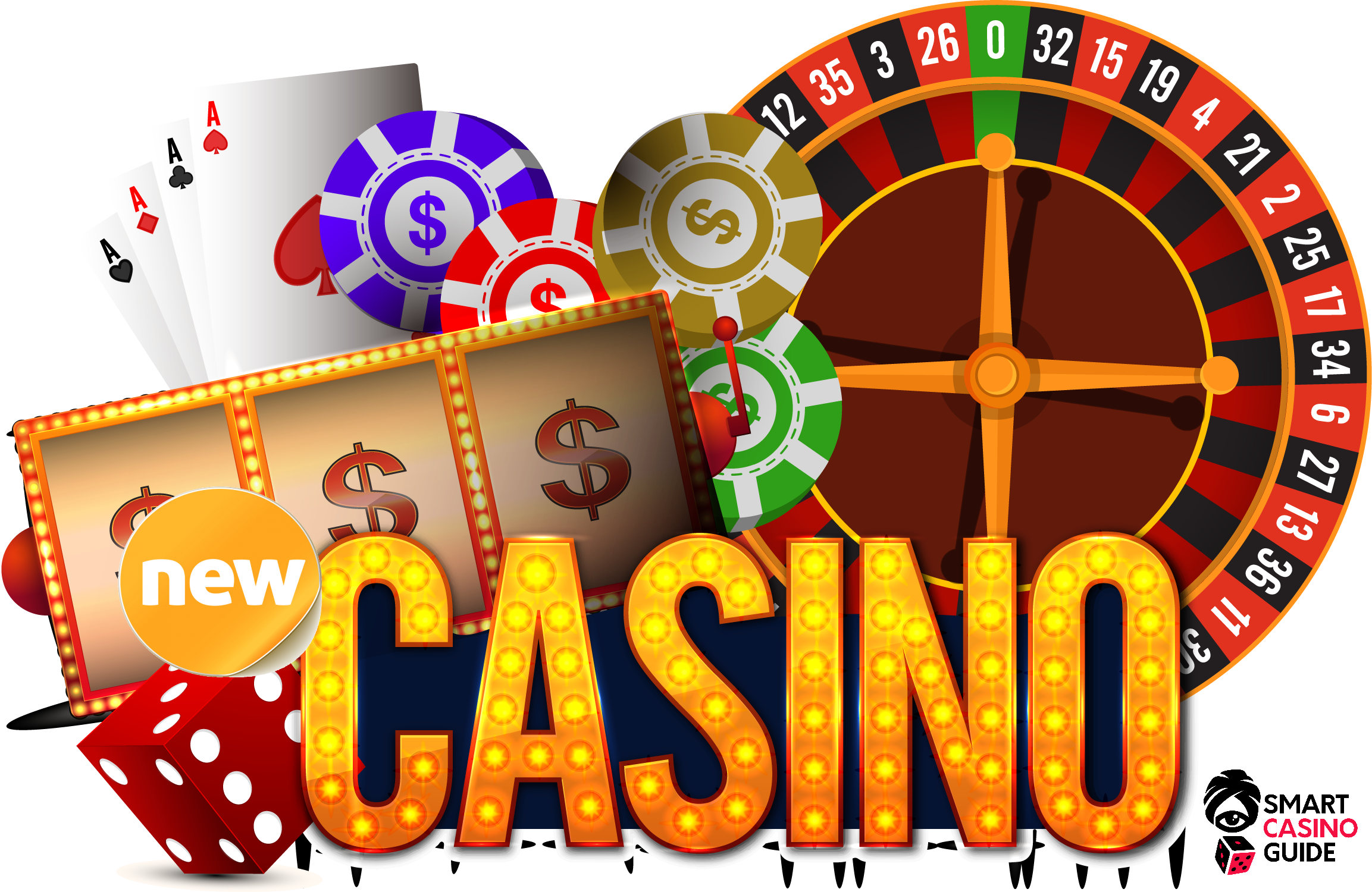
In the world of gambling, in which chance and strategy meet, a unique tapestry of beliefs unfolds—one that braids luck, fate, and the enigmatic nature of casino games. Casinos, bustling with excitement and anticipation, are not just spaces for placing bets; they are also arenas where superstitions thrive. From the novice player to the seasoned gambler, these mysterious practices often shape how individuals approach the games they play, believing that their actions can influence the outcome in ways that go beyond mere probability.
When players gather around roulette wheels, blackjack tables, and slot machines, the atmosphere is thick with stories of lucky charms, rituals, and codified behavior that defy logic yet provide a sense of comfort. Whether it’s wearing a specific outfit, following a particular sequence of bets, or even avoiding certain numbers, the attachment to various superstitions reflects a deep-rooted desire to manipulate the uncontrollable. This article delves into the captivating world of casino game superstitions, investigating the beliefs that simultaneously entertain and mystify those who dare to play.
Historical Beginnings of Superstitions
Gambling games have long been entwined with an host of superstitions that can be traced to ancient cultures. The beginnings of these beliefs can be connected to humanity’s intrinsic desire to manage the random outcomes associated with chance and chance. In early civilizations, games of chance were often tied to spiritual practices. Gamblers would call upon blessings or request favor from gods, believing that their actions could change the outcomes in their advantage. This foundation laid the basis for the myriad of superstitions that developed as betting evolved over ages.
During the medieval period, betting became a widespread pastime across Europe, and with it, a diverse tapestry of superstitions developed. Participants adopted numerous rituals and charms, believing they could affect the consequences of games. The significance of digits, in particular, began to manifest in superstitions around card games and dice. The number seven was often considered favorable, while various numbers carried bad connotations. These beliefs mirrored the social contexts of the time, adapting as they transferred through generations and changed to emerging gaming environments.
As casinos developed in the 1600s, particularly in Italy and the French nation, the atmosphere surrounding gambling became saturated in mystery. The growing openness of gambling activities allowed for the dissemination and growth of superstitions among players. Concepts like charmed charms, specific seating positions, and rituals gained prevalence, creating a unique culture within betting houses. As these practices continued to thrive, they became integral to the essence of gambling games, illustrating how history and society shape the notions that influence how gamblers connect with fortune.
Widespread Gambling Superstitions
Beliefs surrounding gambling activities are plentiful and varied, reflecting the hopes and anxieties of gamblers as they engage in chance-based games. One of the most prevalent views is that specific numbers bring fortune or bad luck. For example, the digit 7 is often seen as a lucky digit, frequently embraced by gamblers looking for a favorable outcome. Conversely, the number thirteen is routinely considered cursed, leading many gamblers to avoid it during their gambling sessions.
A common superstition relates to rituals that players believe can affect their odds. It could be blowing gently on dice before a throw, using a particular hand to place a wager, or even putting on particular items of clothing, many individuals feel that these actions can sway fate in their favor. These practices offer a feeling of control in an otherwise random environment, strengthening the idea that fortune can be manufactured through individual beliefs and habits.
Finally, the environment and atmosphere of the casino itself adds to myths. Many gamblers suggest that the presence of specific icons, such as four-leaf clovers or fortunate coins, can enhance their chances of winning. Additionally, gamblers might hold to the belief that winning streaks can be interrupted by mundane events, such as a person walking past or a accident at the table. The collective environment in a casino can amplify these beliefs, creating a shared culture of superstitions that transcends individual encounters. casino non AAMS
Impact of Superstitions on Players
Superstitions play a crucial role in the mindset of gamblers, often influencing their behavior and decision-making. A lot of gamblers think that luck can be manipulated through various rituals, such as donning a talisman, selecting specific colors, or avoiding certain numbers. This dependence on superstitions can create a sense of authority in an environment that is intrinsically unpredictable. Players often feel more confident and involved when they think that their actions could sway the result of a game in their advantage.
The influence of these superstitions extends beyond individual players, affecting the general atmosphere inside the casino. For instance, a player who believes in the luck of a certain slot machine might draw a gathering, as onlookers are intrigued by their apparent luck. This collective belief can heighten excitement and create a dynamic environment, leading to an captivating experience even for those who may not necessarily be believers themselves. The excitement around certain games can lead to higher participation and extended playing sessions, supporting the casino’s lively social scene.
In some instances, superstitions can lead to detrimental effects for players. Depending too heavily on rituals can result in bad gambling decisions, as some may overlook basic strategies in favor of unfounded beliefs. Additionally, the pressure to perform rituals may increase anxiety and tension, detracting from the enjoyment of the experience. Ultimately, while superstitions can enhance the thrill of playing casino games, they can also lead to unwise choices that overshadow the enjoyment and entertainment intended in the casino experience.